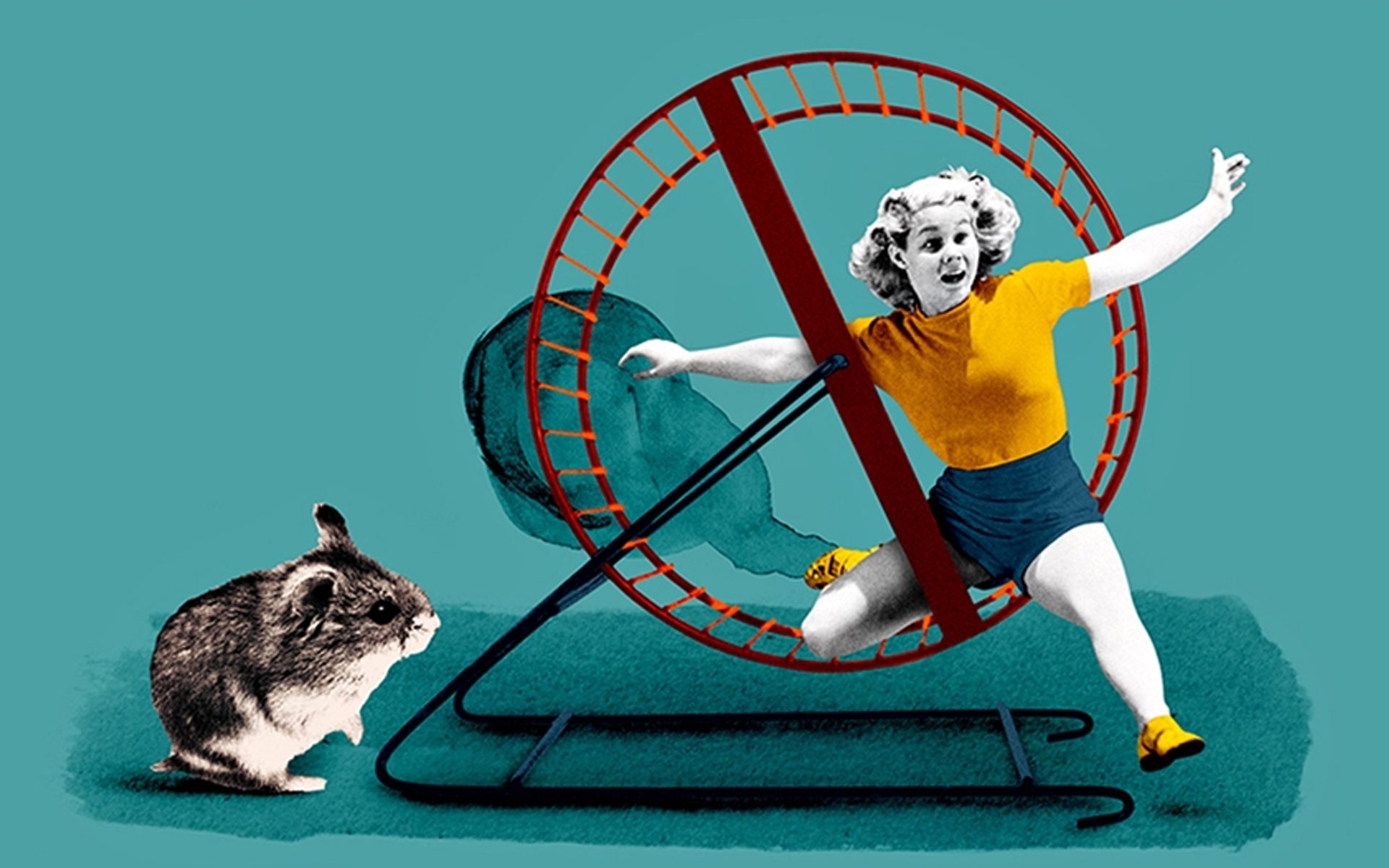From hoarding to rumour spreading, the consequences of living online can be dangerous.
In his book, Love in the Time of Cholera, Gabriel García Márquez describes how isolation from a loved one can make the heart grow fonder. Today, in the time of coronavirus, we are experiencing lockdowns and physical isolation on a global scale.
As we retreat indoors for reasons of safety, one thing remains clear: the Internet has become an even more essential connector to the world. We go online to get the latest news, order groceries, stream movies, play music, perform our jobs, and stay in touch with friends and family.
It is difficult to imagine remaining at home for days without the Internet, particularly during physical distancing. Although the Internet is a boon in many ways, it might also have hidden dangers that require vigilance, especially now that we are spending more of our time online.
It is not unusual to hear about people panic buying everyday items, spreading rumors about how the virus is transmitted or cured, or scapegoating minorities. These harmful behaviours are further encouraged by Internet use in times of a crisis.
The hoarding impulse explained
The media has reported that people are panic buying items such as toilet paper, disinfectants, masks, food, and medicine. Despite repeated assurances from authorities that supply chains for these products will continue to operate, store shelves are often emptied, giving rise to new black markets.
If we look back in history, we see that the propensity to hoard during a crisis is nothing new. During the oil shock of 1973, people not only bought extra gasoline but also stocked up on a range of household products, especially toilet paper.
Why do people hoard during a crisis when there is no rational reason to do so?Again, when the 2008 financial crisis hit, we saw a boom in sales of guns, burglar alarms, and condoms. Why do people hoard during a crisis when there is no rational reason to do so?
There are several psychological factors at work. Research has shown that people have an innate tendency to follow the crowd around them.
For example, in my ongoing research on charitable behaviour, I have found that people are more likely to give to a cause if the donation appeal states that many others have already done so.
This herd instinct—sometimes called “social proof”—activates when we see other people stockpiling essentials, which impels us to do the same, so we are not disadvantaged.
Amplifying harmful behaviour
The Internet has made other people’s panic buying much more visible. Online news from around the world highlights shortages of products; the moment we access such content in our Facebook feed, we are automatically shown similar stories in future news feeds. This creates an illusion that everyone is hoarding, which prompts us to do the same.
Hoarding is a self-fulfilling prophecy: people who hear about possible shortages buy more, which causes merchandise to disappear from shelves and makes the shortage seem real.
My research shows that scarcity or limited supply is often irrationally associated with greater value. From an evolutionary perspective, valuable things such as edible food and safe shelter were often in short supply. This reality inspired popular turns of phrase, such as, “When the well is dry, we know the worth of water” or “What is rare is a greater good than what is plentiful.”
When panic buying of toilet paper leads to empty shelves, our evolutionary brain places a greater value on these commodities, which exceeds their true rational utility.
This tendency is exacerbated by the Internet. E-commerce makes scarcity more visible: we may not go to Costco to check the daily inventory of toilet paper, but we can easily verify its availability (or lack thereof) on Amazon.
People may also hoard to re-establish a sense of control. During uncertain times like a pandemic, our sense of personal control over the environment is particularly limited. We do not yet fully understand the nature of COVID-19, the extent of the medical risk it poses, and the efficacy of the treatments in development. In this situation, taking seemingly proactive steps, such as hoarding daily essentials, can make us feel more in control.
A sea of rumours
The Internet can also amplify the spread of misinformation. At any given time, hydroxychloroquine, ibuprofen, colloidal silver, vitamins, teas, and essential oils have all been reported to protect against the virus. But these are all unverified treatments with no scientific basis in the form of randomized trials.
Yet the Internet enables the spread of rumours such as these at lightning speed through WhatsApp forwards, retweets, and Facebook feeds.
Research has shown that, when a claim is repeated often enough, it becomes more believable. If we are bombarded with the same false information about COVID-19 from multiple sources on the Internet, a rumour can take on the aura of truth.
This is especially the case when users can access videos on YouTube that package false information about COVID-19 in a highly engaging and convincing way, causing greater panic and stress among populations.
Stress reduces self-control, and lower self-control can inhibit our psychological barriers against negative behaviours such as hoarding and stereotyping.
So what can we do to live right in these challenging times, when we are isolated and relying on the Internet more than ever before?
Keep an open mind: don’t take any one source of information at face value and remember that bad news is favoured over good news in the media. Schedule your workday as you normally would if you were in the office. Take this unique opportunity to reconnect with people in your life. Look online for ways to help others who are suffering more than you. Take a walk while maintaining physical distance from others. Take up the hobby you always wanted.
If we take proactive steps, even if they are relatively minor, we will reduce our anxiety and help ourselves feel more in control of our lives in the time of coronavirus.














